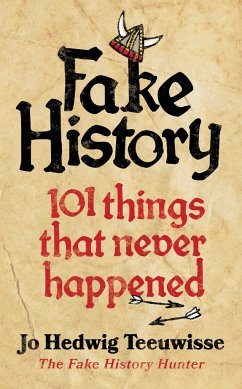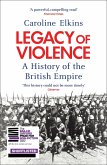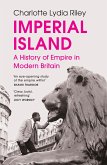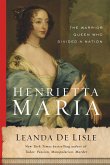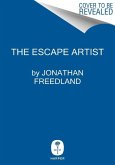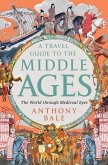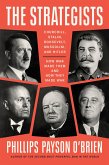__An International Bestseller__
Fake news about the past is fake history.
Did Hugo Boss design the Nazi uniforms?
Did medieval people think the world was flat?
Did Napoleon shoot the nose off the Sphinx?
_Spoiler Alert_ The answer to all those questions is no.
From the famous quote 'Let them eat cake' - mistakenly attributed to Marie Antoinette - to the apocryphal horns that adorned Viking helmets, fake history continues to shape the story we tell about who we are and how we got here. With doctored photographs, AI-generated images and false claims about the past circulating in the news and on social media, separating fact from fiction seems harder than ever before.
Jo Hedwig Teeuwisse, better known as The Fake History Hunter, is on a one-woman mission to hunt down fake history and reclaim the truth for the rest of us.
In this fascinating and illuminating book, Teeuwisse debunks 101 myths so you can correct your friends and family, and arm yourself with the tools to spot and debunk fake history wherever you encounter it.
Fake news about the past is fake history.
Did Hugo Boss design the Nazi uniforms?
Did medieval people think the world was flat?
Did Napoleon shoot the nose off the Sphinx?
_Spoiler Alert_ The answer to all those questions is no.
From the famous quote 'Let them eat cake' - mistakenly attributed to Marie Antoinette - to the apocryphal horns that adorned Viking helmets, fake history continues to shape the story we tell about who we are and how we got here. With doctored photographs, AI-generated images and false claims about the past circulating in the news and on social media, separating fact from fiction seems harder than ever before.
Jo Hedwig Teeuwisse, better known as The Fake History Hunter, is on a one-woman mission to hunt down fake history and reclaim the truth for the rest of us.
In this fascinating and illuminating book, Teeuwisse debunks 101 myths so you can correct your friends and family, and arm yourself with the tools to spot and debunk fake history wherever you encounter it.

